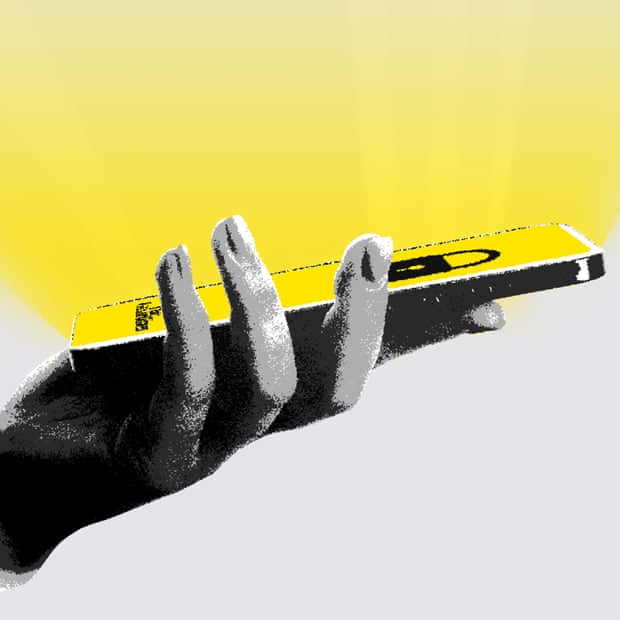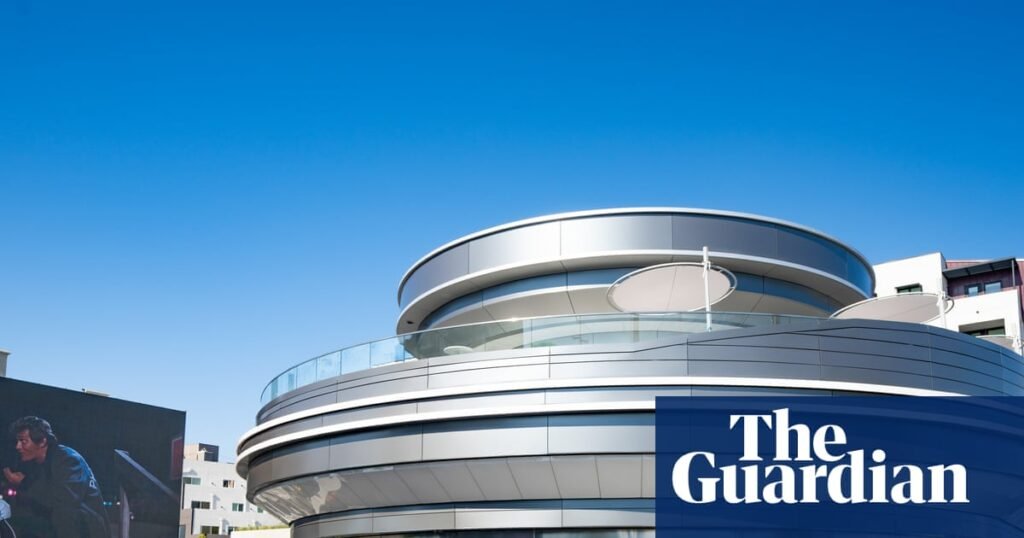Rohan Beyts first visited the dunes overlooking the slate grey North Sea at Menie, Aberdeenshire, as a teenager. Later she brought her own children to play across the spectacular landscape of dunes and slacks, vibrant with butterflies and wildflowers.
Beyts attended the initial meeting called in 2006 to galvanise local resistance to the then business tycoon Donald Trump’s plans to bulldoze this legally protected site of ecological rarity to make way for his first Scottish golf resort.
“I’ve been at this for 19 years,” she says, ahead of the now US president’s expected Friday evening arrival in Scotland. “I’m still disgusted by what Trump did at Menie and now what he is doing across the rest of the world.”
After a bitter and protracted dispute with local people and environmentalists, who fought to save the dunes and the dwellings around them, Trump eventually won planning permission to build “the world’s greatest golf course”. At the time, he promised a £1bn coastal resort including expansive courses, luxury housing and high-rise timeshare flats – promises Beyts points out have yet to be fulfilled.
“Where’s the huge development that was heralded as replacement jobs for the oil industry? I don’t understand how the politicians were so taken in,” she adds.
Beyts, who later won a moral victory in court against Trump International staff who photographed her when she paused to answer the call of nature on a walk around the dunes, will not be protesting against the president’s latest visit.
“I fully support people who want to demonstrate and if I thought it would make any difference to people in Gaza or Ukraine I would, but I worry it plays to his ego.”
David Milne was one of the local people whose refused to budge after Trump tried twice to buy his home, a former coastguard station Trump described as a “visual slum”, and then attempted to secure a compulsory purchase order. “His entire attitude was one of entitled arrogance – ‘I will do what I like.’ People up here have a bad habit of saying: ‘I don’t think so,’” says Milne.
On one of Trump’s previous visits to Menie, Milne flew a Mexican flag from his flagpole in solidarity with those targeted during the Republican’s first presidential term. This time he will fly the saltire.
“People are upset that this is being described as a private visit yet there’s a huge cost to the country for security. Things are tight enough – why are we paying for this? He’s pulling British police into a deliberate stunt for publicity for his new course,” says Milne.
While Beyts and Milne are willing to reflect on their years of resistance, and the close friendships forged, they acknowledge that others are exhausted by the relentless disruption and media interest that accompanies proximity to the resort. The police have already knocked on Milne’s door to warn him about access restrictions.
However, Tommy Campbell, a local trade unionist who will compere the “festival of resistance” planned for Aberdeen city centre on Saturday, says peaceful protesters will get as close to the resort as possible on Tuesday morning, when Trump is expected to open his new golf course, with the intention of writing protest messages in the sand at Balmedie beach while the tide is out.
“The world has changed since he first appeared in Aberdeen as a businessman and some people were willing to give him the benefit of the doubt,” says Campbell. “People have seen through him and he’s not welcome.”
Like Beyts and Milne, Campbell also expresses his disappointment that Keir Starmer and the Scottish first minister, John Swinney, will meet Trump during the president’s visit. “They are not representing the true feelings of the people of Scotland,” he says.
after newsletter promotion
Across Scotland, on the west coast, the residents of Turnberry are facing road diversions, security checkpoints and a swelling police presence, with transit vehicles trundling along the country roads. There is metal fencing around Trump’s luxury resort and lines of police in hi-vis jackets blocking the beach, where the late Janey Godley regularly stood to greet him with her infamous handwritten protest sign: “Trump is a cunt.”
In March, Trump described members of a pro-Palestine group accused of vandalising the Turnberry course by painting the grass with the words “Gaza is not 4 sale” as “terrorists”.
On Friday, some local people were exercised about the “partial lockdown” they found themselves in. One pensioner questioned why the UK government was contributing to expensive policing for what is a private visit while limiting his generation’s winter fuel payments. But others mentioned the employment Trump had brought to the area.
Menie’s new course is dedicated to the president’s late mother, Mary Anne Trump, who was raised on the Isle of Lewis, further up the west coast, before immigrating to the US.
In Lewis’s main town of Stornoway, Sarah Venus has rehung the protest banner she was ordered by the local council to remove in May. It reads: “Shame on you Donald John,” a maternal-style admonishment prompted by his treatment of the Ukrainian president, Volodymyr Zelenskyy, at a White House press conference in February.
The banner will now go on a tour of the island around private homes, as Trump’s visit continues into next week. “This time the protests will be a bit different because of the broader context,” says Venus.
“People are beginning to connect the dots and realise this is a transnational struggle against fascism. It’s not just happening over there in the US and maybe there’s an opportunity to be vigilant and head it off over here.”
Quick Guide
Contact us about this story
Show

The best public interest journalism relies on first-hand accounts from people in the know.
If you have something to share on this subject you can contact us confidentially using the following methods.
Secure Messaging in the Guardian app
The Guardian app has a tool to send tips about stories. Messages are end to end encrypted and concealed within the routine activity that every Guardian mobile app performs. This prevents an observer from knowing that you are communicating with us at all, let alone what is being said.
If you don’t already have the Guardian app, download it (iOS/Android) and go to the menu. Select ‘Secure Messaging’.
SecureDrop, instant messengers, email, telephone and post
See our guide at theguardian.com/tips for alternative methods and the pros and cons of each.








